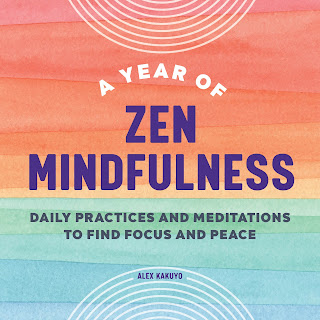I discuss the "paradigm of meritocracy, and how it can set up wrong expectations when we go about our daily lives. I also discuss the Buddhist practice of Intoku; explaining how it can help motivate us toward Right Action when there is no clear benefit to ourselves or others.
by Sensei Alex Kakuyo


What a wonderfully serendipitous talk, Alex. As l consider the challenges I set myself for the past year and look forward to the new year and consider 3 new #conquerorchallenges I intend to set, your talk has given me a new perspective on how to face them. The challenge of daily life will be my 4th!
ReplyDelete